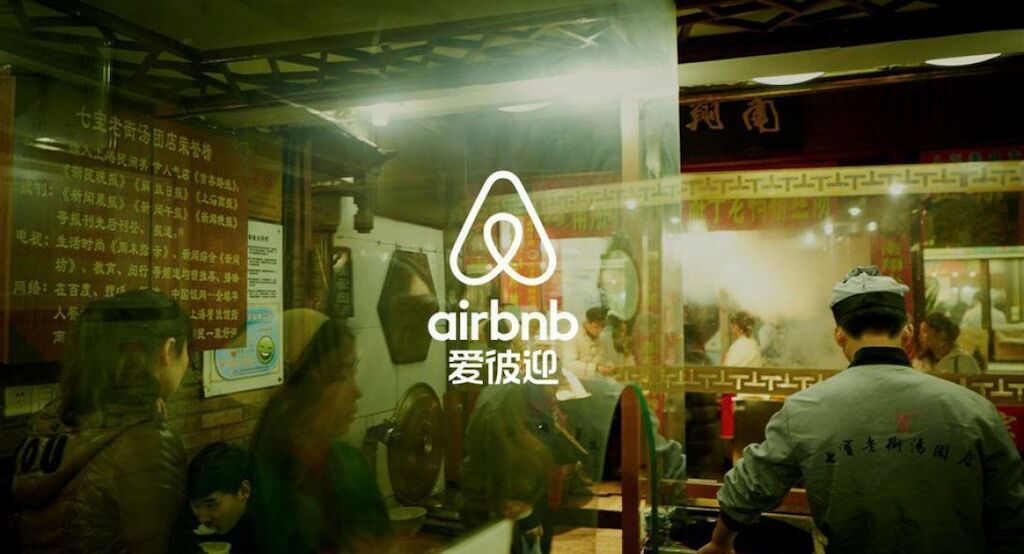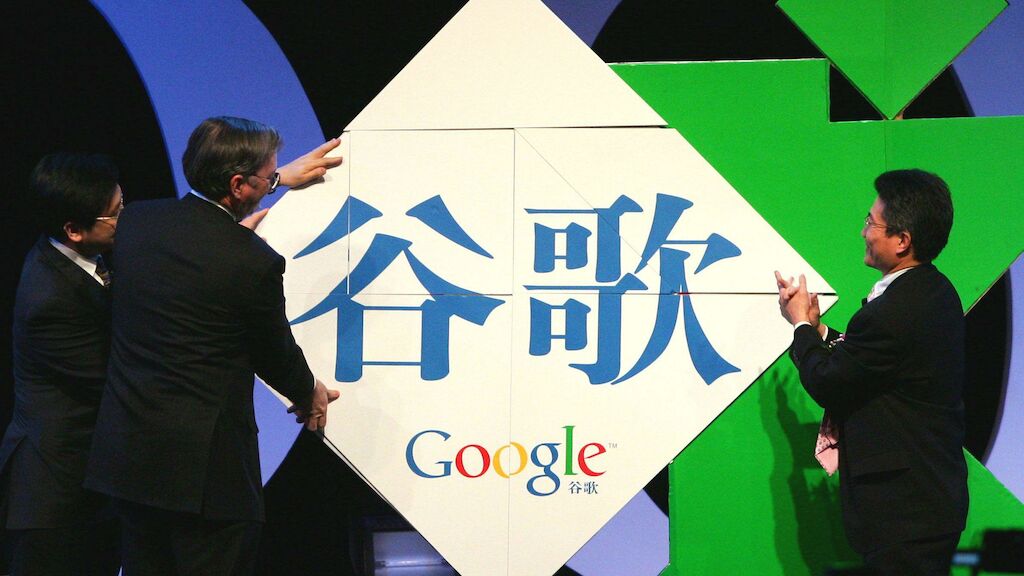Before I do, however, I’d like to say one main thing – naming is one of the toughest nuts to crack in the branding business. When working on a new name, be it Chinese or foreign, an agency has to consider a variety of things. Among them: a tight timeline, being creative, being on brand, analyzing the results of qualitative and — if time and budget allows — quantitative consumer research, and last but not least, keeping the client happy and confident as it makes such a delicate, important decision.
And while all of this is hard enough, what really makes naming difficult for both the agency and the client is another crucial factor: the chances (or lack thereof) for successful registration at the trademark office (local and/or international). In my experience, this is the factor that kills up to 98% of all names, and is also the reason an experienced branding agency usually creates hundreds of names during any naming project. Just think about it – at this very moment, there are hundreds of millions of names already registered all over the world, with a few million others currently undergoing registration. This means that even if you come up with the greatest possible name for a new brand, it won’t matter if it doesn’t pass legal check in all relevant industry categories – of which there is usually more than one.
It shouldn’t surprise you, then, that in our industry there’s an old adage that says, “All the good names have already been taken by someone else.” There’s some truth to this because, literally, for every day that passes, the chances for successful registration become smaller and smaller. And this is why, in my opinion, establishing a new name for a brand boils down to creativity, insight, experience and, last but not least, a hell of a lot of luck.
With such legal hurdles in place, I’m absolutely flabbergasted by the way the so-called ‘industry experts’ — those who are always so ready to join the chorus of detractors —never seem to mention how trademark registration can play such a crucial role in dramatically narrowing naming options for a client and a brand. This phenomenon is so peculiar that after all these years in the business, I’ve really started to wonder if these ‘experts’ are actually influenced by:
A) A lack of actual naming experience
B) Opportunism, and the chance to make a sales pitch by deriding competitors and showing off some cheap knowledge.
In most cases, I believe it’s a combination of A and B.
But what they’re often missing is something I tell each of my own clients before we begin the naming process: a new brand name will never live in a vacuum.
Think about that for a minute.
Will a consumer, external stakeholder, or business partner ever be exposed to your brand name in a context that is aseptically detached from the product and services you’re selling? And will the name ever fully stand apart from your sales environment, your employees, or communications channels?
The answer is simple. Never.
This means that if your products and/or services are crap, if your stores are sub-par, if your people are unprofessional, and if your communications are abysmal, then it doesn’t matter how amazingly relevant, creative, distinctive, and hip your brand name may be. At the end of the day, people will still end up thinking that whatever you offer is a crock of sh*t. Including your supposedly beautiful name.
This is because brand names are always intrinsically linked to the experience and the context in which they come to life, which is in turn connected to every single touch point along the customer journey. So, if your brand properly delivers on most of the above touch points, there’s a good chance that your customer will end up having a positive or, at least neutral, association with the name of your brand. Does this mean that the name is not that important? Of course not. But at the end of the day, its importance is relative, and it cannot be disjointed from the real life environments in which a name appears. (Unless of course your new brand name is blatantly offensive for either linguistic, cultural, religious or political reasons. And this is where the competence and experience of a branding agency is crucial in advising the client.)
And it’s also why I disagree with the notion – often cited by ‘experts’ in the communication industry – that a successful name must always leave a ‘good first impression on people’. Such a statement is inaccurate to say the least and, most importantly, has been proven wrong time and time again.
Take Apple for instance, one of the most admired brands in the world.
When the company launched the iPad seven years ago, reactions ranged from ‘disapproval to mockery’. An onslaught of criticism rained down on Cupertino, with critics openly accusing the name of having ‘menstrual associations’. The Washington Post even published an article titled, “With a name like iPad, can Apple’s new device possibly have wings?”
Looking back at such reactions now, it’s hard not to smile, isn’t it? Today, we see the iPad as perhaps Apple’s last truly innovative product, and it remains among the most successful gadgets ever conceived of by Steve Jobs and his mates. But do we think about the controversy and ambiguity that surrounded its name during launch?
Nope.
Why? Because the product worked astonishingly well, and beautifully redefined a segment where many previous products (with more appealing brand names) had failed miserably. As a result, concerns with an ambiguous name found themselves eclipsed by the positive associations built by consumers using the product in a real life context.

